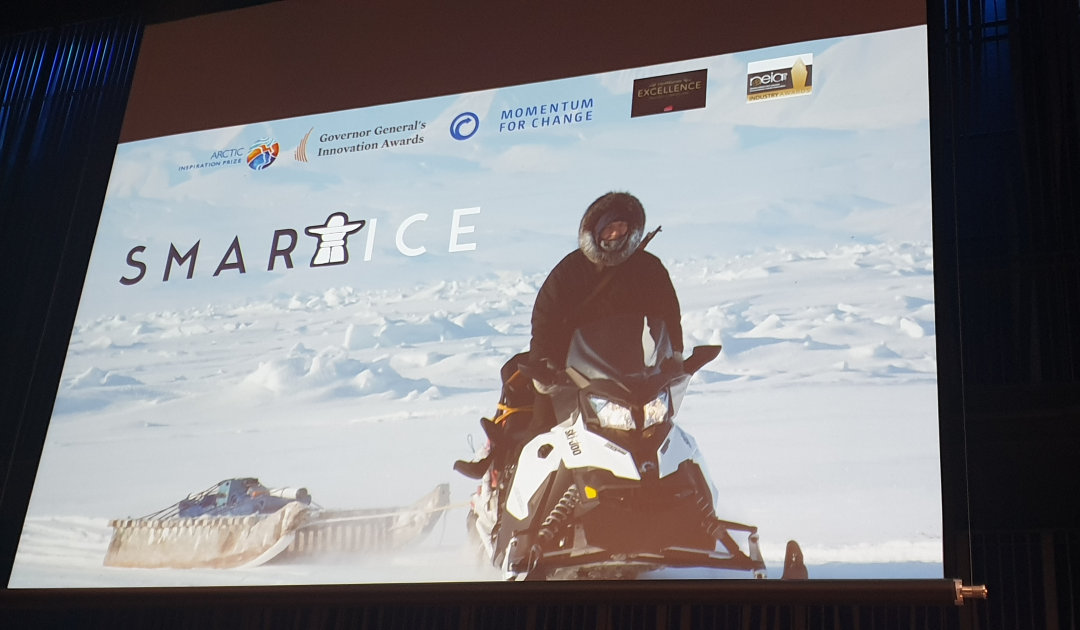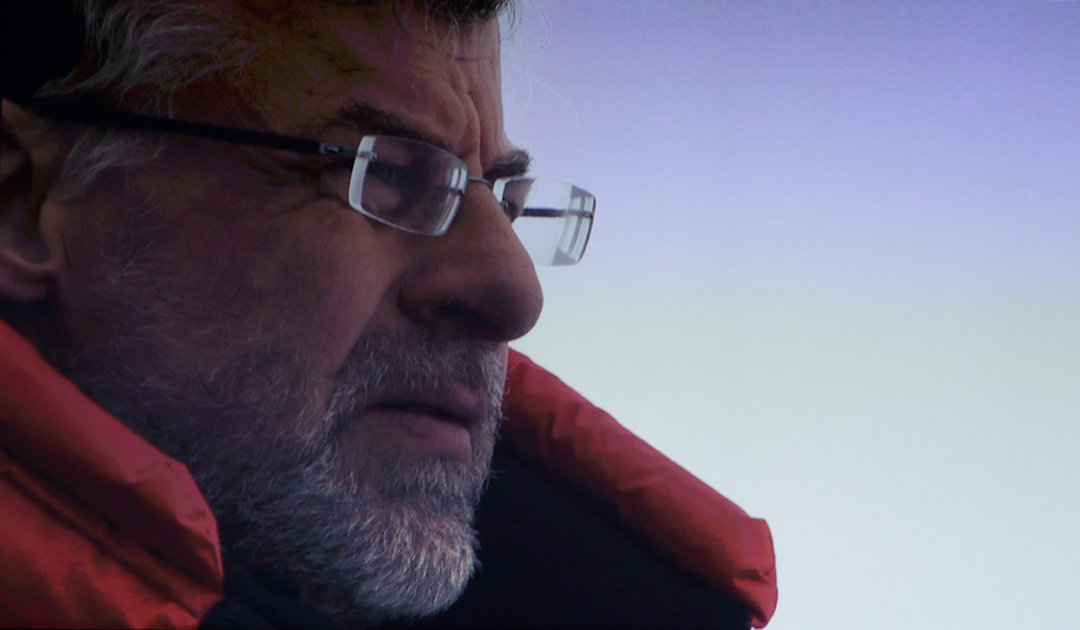
Projects to study climate change impacts in the Arctic are numerous. Hardly any other region in the world is affected as strongly and as fast as the far north. Some of these projects are honored with prizes and awards. On the other hand, projects aimed at helping the people of the region to adapt to the new realities are rather rare and hardly any honors are awarded to them. To improve this, the Frederik Paulsen Arctic Academic Action Award was created by the Arctic Circle conference and the University of the Arctic (UArctic) and awarded for the first time last year. This year, a second category has been added and the nomination process is open.
In addition to the existing “Individual or Small Group” category, nominations may now be submitted in an “Institutional Collaboration” category. In doing so, the award committee aims to honor collaboration between organizations, research institutions and groups and/or communities to develop and implement innovative actions. “The goal is to acknowledge and support work that can significantly help prevent, reverse or mitigate the effects of climate change in the Arctic in terms of planning and implementing technological development, as initiatives to increase Arctic community control over the management of their environment, or as reforms to the political and/or legislative arrangements,” the committee writes. The committee consists of representatives from the Arctic Circle and UArctic. The call for nominations has been open since March 17. It closes on May 17.
“We are looking for bright ideas from people with a demonstrable drive to see something achievable happen, and in the near future.”
Frederik Paulsen Arctic Academic Action Award Committee

In principle, a nomination for the €100,000 prize is open to all. To be nominated some conditions must be met, however. This is because the award does not simply seek to honor research projects, but ideas that are both action and solution-oriented, while also being scientifically sound and taking into account the knowledge and experiences of Arctic residents, including indigenous peoples. Additionally, projects nominated for the institutional collaboration award must include at least two UArctic-affiliated members, and the project must be approved and supported by university leadership. In addition, the projects are closely evaluated for the long-term impact/benefits of the collaborating institutions. “We are looking for bright ideas from people with a demonstrable drive to see something achievable happen, and in the near future,” the committee explains.


The award, which was presented for the first time last year, is sponsored by Dr Frederik Paulsen, a Swedish entrepreneur living in Switzerland. He has been advocating for increased cooperation and research in the polar regions for years. The prize is awarded by the Arctic Circle and UArctic, a Tromsø, Norway-based association of institutions in the far north. The winner of the first award was Dr Trevor Bell for his SmartICE project. In it, on the one hand, the quality of the vital sea ice is determined with the help of portable measuring instruments and the native population in Nunavut and made available for hunters and fishermen. At the same time, however, the construction, operation and organization of the entire project is placed in the hands of the local population, who can thus contribute their knowledge for the evaluation of the data. At the same time, training and jobs are created, which are of great importance in the otherwise structurally weak region and offer people opportunities. This will allow them, as is the spirit of the Frederik Paulsen Arctic Academic Action award, to adjust and adapt their way of life to the new reality of diminishing sea ice habitat. Just as they have always done in past.
Dr Michael Wenger, PolarJournal
Link for more information about the nomination
Link to the Arctic Circle website
More about this topic





